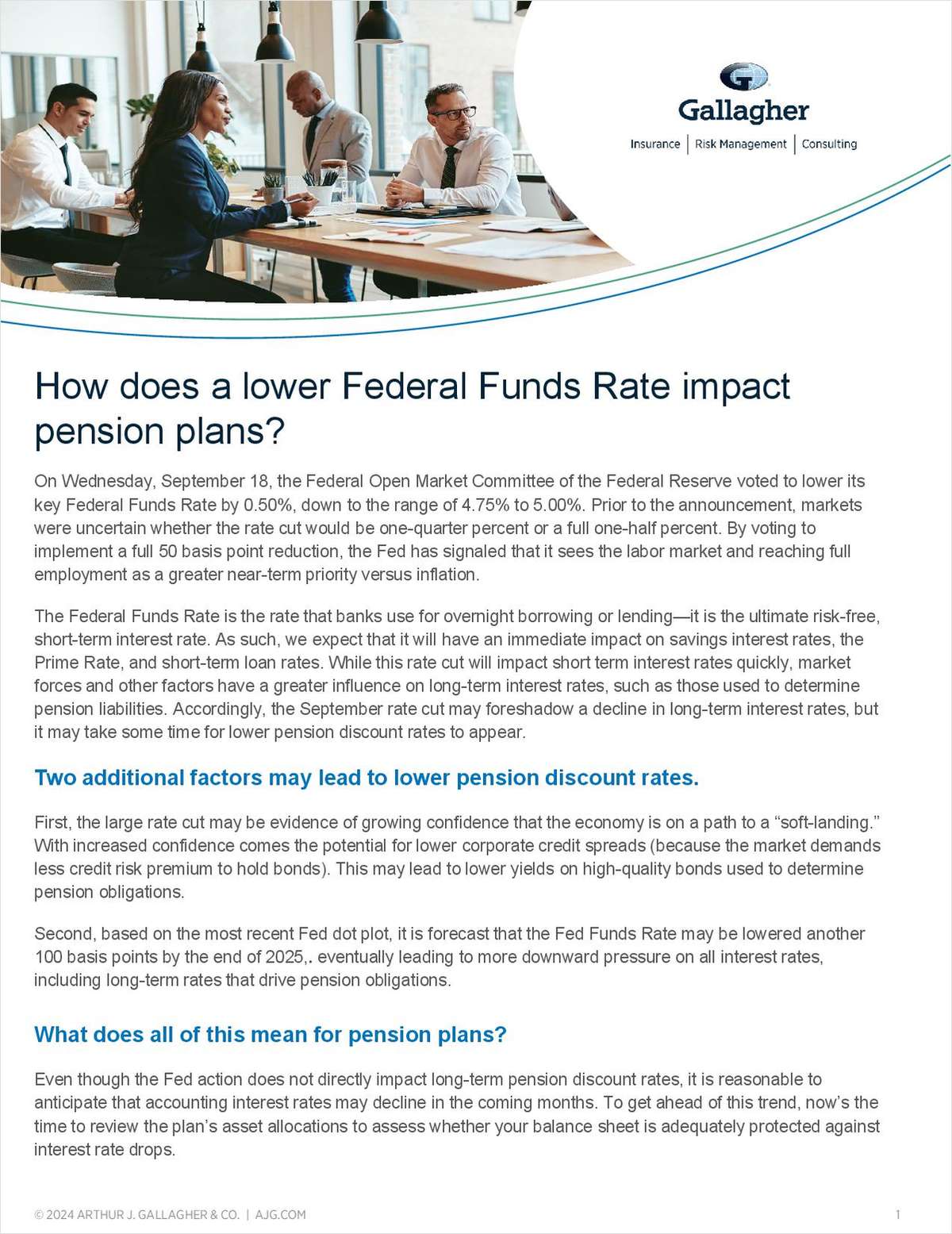John Wayne is often credited with saying “Life is hard; it’s harder if you’re stupid.” Truth be told, at least according to Snopes, he never actually said it.
It doesn’t matter if he did or didn’t. If you know John Wayne and the characters he portrayed, it’s more than fitting as something he would have said. In fact, a lot of things are tougher if you’re, well, shall we say, “mentally challenged,” or, perhaps more to the point, “inexpert.”
This is especially true of investing. Hordes of behavioral researchers have gone out of their way to show just how “inexpert” the investing public really is. Is it any wonder that surveys show those who use professional advisers are more likely to achieve their financial goals?
Which reminds me of a conversation I had with a service provider I was interviewing several weeks ago. I can’t remember the exact topic, but the crux had to do with educating retirement savers.
When I presented a hypothetical situation where the saver made an obviously incorrect decision, the service provider said something that astounded me. He said we couldn’t force the customer to do the right thing, indeed, we must always abide by the customer’s demands because “the customer is always right.”
It’s been years since I had my formal training in trust and fiduciary services, but one of the first things taught us was, as a fiduciary, it was our duty to always act in the best interests of the beneficiary.
That includes doing the exact opposite of what the beneficiary wants if we know, in our professional judgment, carrying out that request might harm the beneficiary. (For more on this, read “When Must a Fiduciary Just Say “No” to a Client?” FiduciaryNews.com, July 28, 2015.)
It used to be those professionals who fell under the fiduciary umbrella were few and far between. They generally came from the ranks of bank trust officers, but included registered investment advisers, too.
It might surprise you to know that compliance—in the days before compliance officers became mandated—was a very serious matter. The best firms maintained a culture of compliance with intense vigor. That was before the era of dual registration.
Today, more and more of those providing investment advice come from the brokerage realm. This side of the business had a different purpose. Understanding and embracing the fiduciary imperative just wasn’t part of the mix. Their culture was product driven, not service driven. They derived their bonuses from sales activity, not investment performance. This appears to be mindset that has come to dominate the investment industry.
Where ever you may fall on the “sales vs. performance” dichotomy, it is critical to know this: Without a firm grasp of the concept of “fiduciary,” it’s too easy for the service provider to fall into the “customer is always right” trap. This isn’t good.
In fact, this is really bad.
You see, no serious individual would ever hire a consultant who was afraid to counsel “no.”
Quite frankly, if the individual were well-versed in the particular subject area, he or she wouldn’t need a consultant in the first place.
More likely, though, the individual hires a consultant precisely because he doesn’t know enough about the subject at hand to make intelligent decisions. In this case, he doesn’t want the consultant to do what he’s told, he wants the consultant to do what’s right.
And sometimes that means saying “no.”
The smart customer understands he is not always right. The smart customer knows investing is hard; it’s harder if you’re stupid.
Complete your profile to continue reading and get FREE access to BenefitsPRO, part of your ALM digital membership.
Your access to unlimited BenefitsPRO content isn’t changing.
Once you are an ALM digital member, you’ll receive:
- Breaking benefits news and analysis, on-site and via our newsletters and custom alerts
- Educational webcasts, white papers, and ebooks from industry thought leaders
- Critical converage of the property casualty insurance and financial advisory markets on our other ALM sites, PropertyCasualty360 and ThinkAdvisor
Already have an account? Sign In Now
© 2024 ALM Global, LLC, All Rights Reserved. Request academic re-use from www.copyright.com. All other uses, submit a request to [email protected]. For more information visit Asset & Logo Licensing.








